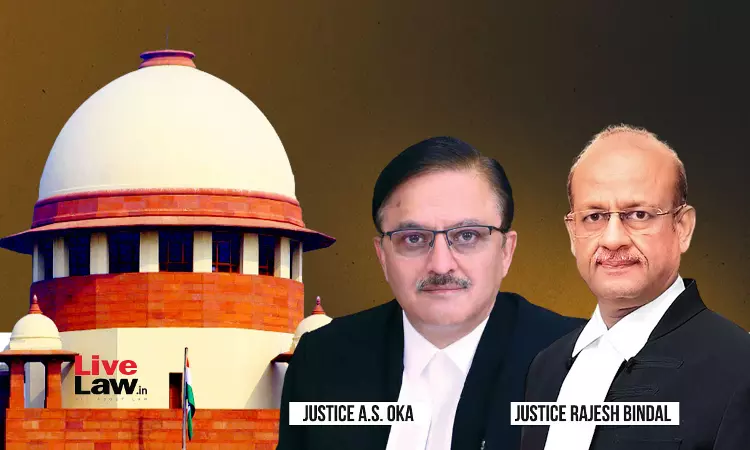The Supreme Court of India recently said that in the absence of specific pleadings, a writ court can't get into the issues of repugnancy or lack of legislative competence. It added that unless the statutory provision is declared unconstitutional, its implementation cannot be stopped.“We are of the view that in absence of any specific challenge to the validity of the statutory provisions,...

